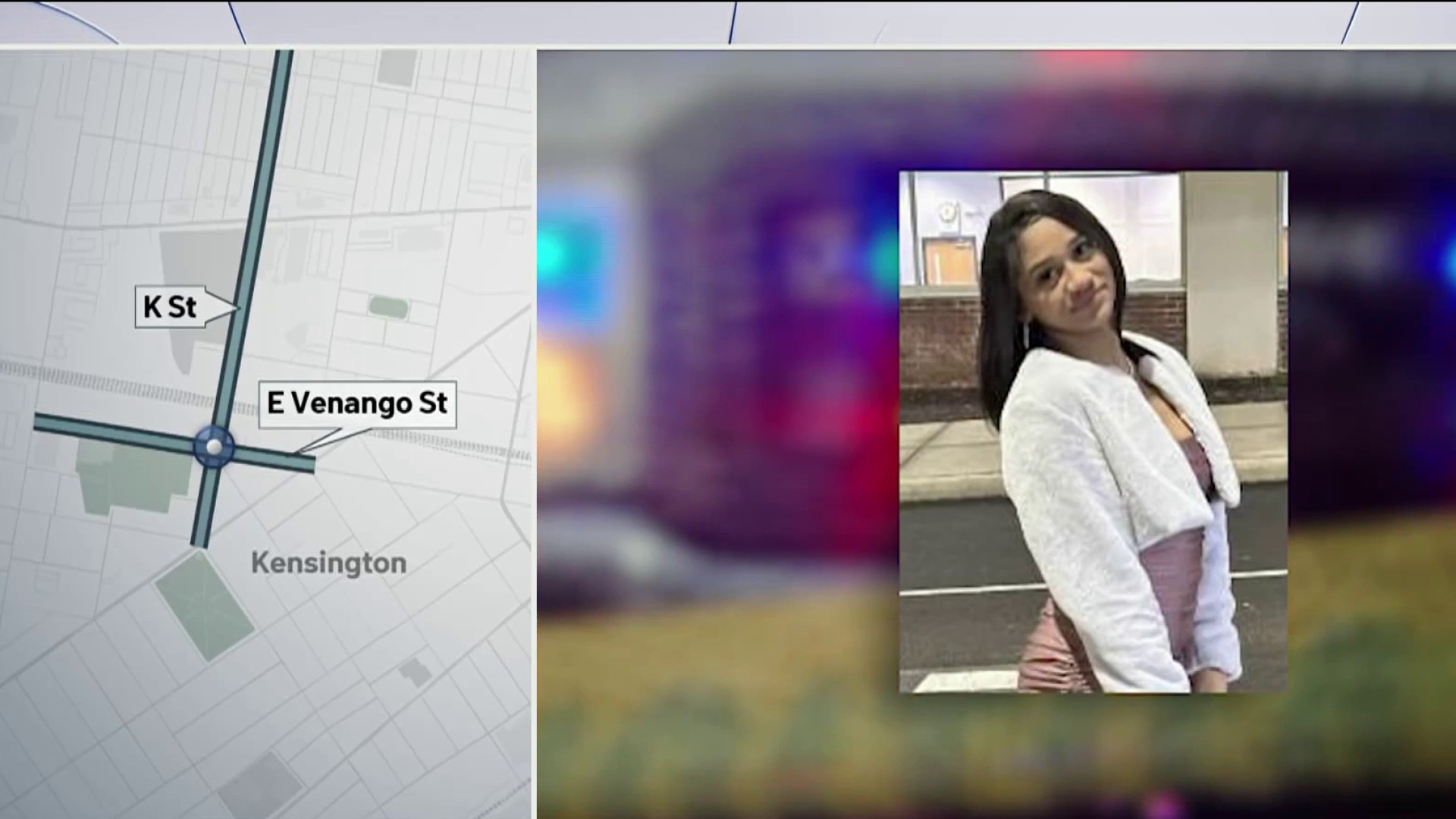At 89, Helen Behler still drives into York from her West Manchester condo every Sunday to worship at Trinity Evangelical Lutheran Church.
The oldest member of a dwindling congregation, Behler cut the cake a few weeks ago when Trinity completed its centennial celebration.
She is part of a fading community of churchgoers, staunchly Lutheran worshippers who trace their faith to German-born ancestors who flocked to central Pennsylvania in the 18th and 19th centuries. Christ Lutheran on South George Street is said to have been the first church built west of the Susquehanna River. It was followed by dozens of Lutheran churches in and around York.
Some of those city churches are struggling to counter alarming drops in membership, attendance and giving.
It is an urban issue not unique to York. As people moved from cities to suburbs over the past 40 years, city institutions felt the effect in different ways.
While long serving as centers of urban social and worship life, city churches are self-managed, independent of government, and even denominational oversight in many cases. That lack of coordination and communication made adapting to the changing demographics of the city a more difficult transition.
The fate of city Lutheran churches is of interest to many in York. Officials say they want to avoid a repeat of the Trinity United Methodist Church saga. The historic church at 241 W. King St. fell into disrepair and was condemned by the city in 2011 after the congregation dwindled in size, lost control of its finances, and voted to merge with another York UMC congregation.
"Ordinarily, people will come back to church when they have kids. In this day and age, people are delaying that," said the Rev. Maria Erling, professor of modern church history and global missions at Lutheran Theological Seminary at Gettysburg.
As a result, she added, the churches are "saddled with costs that just outweigh the ministry that they're trying to do."
Behler joined Trinity Lutheran in 1955 or 1956 when she lived on nearby Mason Avenue. Behler's children were baptized in "The Little Green Church," as Trinity is known to York residents.
From left, Helen Stahley, Chuck Reeder, Norma Miedwig, and Grace Russell greet each other at St. James Evangelical Lutheran Church in West York. While attendance has slipped, the church is still rawing relatively well and trying to hold on to the members it has. (Paul Kuehnel - Daily Record/Sunday News)
A recent lay-led service -- Trinity has been without a full-time pastor since July 2010 -- drew about 25 worshippers. The church can comfortably seat at least 150.
Behler was the first to arrive, looking resplendent in a white sweater, dark slacks and a red, plaid scarf. Her bright, red overcoat matched the red pew cushions.
"The pews used to be filled up," said Behler, who taught Sunday school for about 30 years. "You'd have to get here early for the Christmas Eve service just to get a seat."
Trinity once had 200 children for its vacation Bible schools, she added. "Now I don't know what they have, but it's just a few."
Trinity is one of nine Evangelical Lutheran Church in America (ELCA) congregations within walking distance of downtown York. An analysis of data gathered by the Lower Susquehanna Synod shows sharp membership declines at most of the churches over the past eight years.
Although a few churches report healthy membership and attendance data, three -- St. Mark's, Trinity and Grace Evangelical -- reported average Sunday attendance of less than 40 in 2012, the most recent year data is available. Three others report fewer than 100 worshippers, including the historic Union Lutheran Church on West Market Street.
HISTORICAL CONCERN
Union welcomes about 80 people on Sundays, the Rev. Judith McKee said, down from average Sunday attendance of 131 in 2005. The stone church was the last church designed by famed local architect J.A. Dempwolf in 1929. It is an example of neo-gothic cruciform architecture, an architectural design that features the shape of a cross.
McKee isn't worried about Union's future — yet. With a good endowment, the church has a stable financial future for a few years, she said.
"The problem is the core group of people needs to grow," she added. "We've welcomed a few new families, but not enough."
The city's Historical Architectural Review Board was instrumental in delaying the planned demolition of Trinity UMC while helping find alternative uses for the church.
Joan Burgasser, a member of HARB at the time, said officials are usually shut out of the decision-making process until congregations reach desperation points.
"We can only do so much talking, but if we're not members of the church congregations, there's not else much we can do," she said.
A member of two downtown neighborhood associations, Burgasser said the church health issue was discussed generally during a recent meeting of the York Alliance of Neighborhood Associations.
"We do know the neighborhoods are very interested in preserving all of the churches in their neighborhoods," she said. "It makes a very definite difference in the neighborhood when they disappear. It makes for an empty shell."
CONSOLIDATION CAN BE 'NONSTARTER'
Bishop James Dunlop took the reins of the Lower Susquehanna Synod in September. His predecessor, Bishop Penrose Hoover, declined to seek a second term. Dunlop inherited some major issues, such as an aging pastor population and a denomination still healing from a 2009 decision to allow gays in "lifelong, monogamous" relationships to serve as clergy and professional lay leaders.
He acknowledged the synod has too many congregations in urban areas such as York. However, although the synod provides active oversight of congregations, it cannot order closures or consolidations.
"I think we'll see more and more of those kinds of things," he said. "The congregations will have to work through those things."
With each congregation having control over its own church, officials say comprehensive planning is difficult. Consolidations are rare.
"The consolidation question is almost a nonstarter for those people who have been a part of these congregations for a very long time," Urling said.
Consolidations may be rare, but are not unprecedented. Grace Evangelical merged with Messiah Evangelical Lutheran Church in 1997, keeping the former name. Grace leaders talked of merging with Trinity a few years ago when both were in attendance declines, but nothing came of it.
McKee served as co-pastor of Grace for 27 years with her husband, the Rev. Tom McKee. After the Messiah merger, Grace drew 150 to 200 people to Sunday services, Judith McKee said.
She leads services at Grace at 8:30 a.m., then hustles to Union for her regular 9:30 a.m. services there. Grace draws perhaps 15 people on Sundays, Judith McKee said.
"They are not ready to merge yet," she said. "Mergers are more difficult than they sound. The attachment to buildings is strong."
BUSINESS AS USUAL
Attendance issues aside, the city Lutheran churches are aging buildings that can prove costly to operate and maintain. Many churches are making energy efficient upgrades to cut costs. St. Peter's Lutheran Church on North George Street, for example, added portable HVAC units in 2012 to cut heating costs.
"Our greatest challenge is the rising costs of utilities," said the Rev. Beth Schlegel.
With each congregation serving its own needs, some city churches continue to renovate and expand.
Last year, St. Peter's completed a $735,000 construction project that added elevator access to its worship and fellowship areas, a new gathering space and four handicapped restrooms.
St. James Evangelical Lutheran Church in West York is in the midst of a $400,000 capital campaign to renovate the sanctuary, add new carpeting and, possibly, air conditioning.
While attendance has slipped, both churches are still drawing relatively well and trying to hold on to the members they have.
"We're here to be Lutheran in this community," said the Rev. Brenda Ferree of St. James. "And I don't mean in a way that distances us from others, because I want to see us working together."
The drop in membership is pushing the churches to do more direct outreach. It starts in the surrounding streets, Schlegel said.
Local
Breaking news and the stories that matter to your neighborhood.
St. Peter's goes door-to-door and holds regular events for the community, such as a recent trunk-or-treat event. A monthly community dinner is free for anyone who shows up. Most importantly, the church is calling on younger members to lead those efforts, Schlegel said.
"Through these outreach ministries, we are involving younger families," she said. "They're the ones doing it. One of the things young people want, I think, is to make a difference in the world."
Union has begun an aggressive campaign to take advantage of its best asset, McKee said: the building. The doors have been opened to various groups, such as the York College Nursing Program, which meets at Union.
"It has a lot to offer as a building itself to the city," Judith McKee said. "So we try to do several things through the year to make use of it."
A CITY ISSUE, TOO
Erling said the greater York community should take an active role in helping the Lutheran congregations sort out their future in York.
"The problems of these downtown churches are in such a state that they are not going to be able to solve them by themselves," she said. "I think the city needs to be engaged too."
Trinity UMC was finally sold last year to Potter's House, an independent church in York. The synod has assisted Harrisburg congregations in downsizing efforts, Dunlop said. Two city churches there were given to other denominations in recent years.
He is equally optimistic York will find solutions.
"There's going to be a lot of choices to be made in the future of the church going forward, but I have great faith in the word of Jesus Christ," he said.
Meanwhile, at Trinity Evangelical Lutheran, a small group of lay leaders is trying to keep the church going without a full-time pastor. The Rev. Stan Combs and other pastors at Zion Lutheran Church in Manchester Township lead services twice a month. Otherwise, lay leaders deliver Sunday messages.
"It gets our members more involved," said Dave Brady, chairman of the church's centennial committee. "We do what we can with what we have."



